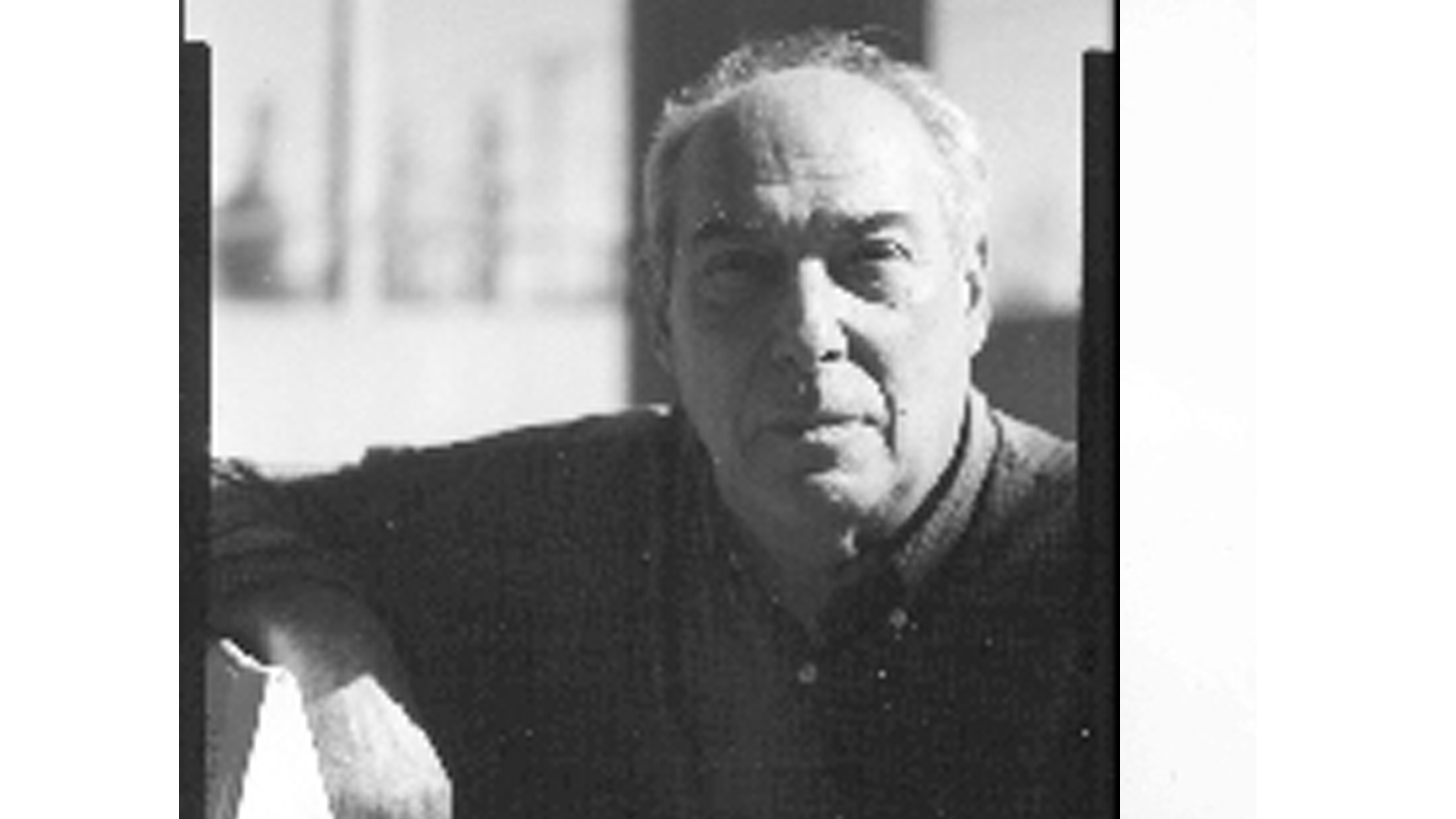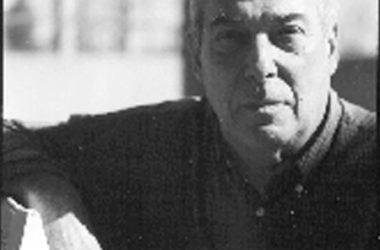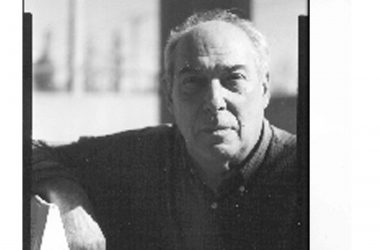By Noel Ignatiev
My daughter, Memphis, and I have been here in
Durban, South Africa for almost a year now, and I am on the eve of
completing the school year here at the University of KwaZulu-Natal.
Today is the centennial of the 1913 Natives Lands Act, the law that put
90% of the South African population on 10% of the land, and not the
most arable or mineral rich land either. Decades before the Nationalist
party completely formalized and instituted Apartheid (with help from
studying the Jim Crow laws of the United States and the Nazi laws of
Germany), 1913 decree set in motion many of the social problems that we
are still dealing with in the present, including the monopoly of farming
by whites, systematic deterioration in black family life, especially
with the traditional roles of fathers etc, etc.
A group of
Khoisan people have occupied District Six in Cape Town in rebellion
against their genocidal displacement and with all the resonances that
genocide has with the Native Lands Act. The term Khoisan amalgamates the
names of the KhoeKhoe and the San, the aboriginal peoples of South
Africa, who were called by Europeans Hottentots and Bushmen (one still
hears South Africans referring to the indigenous people here as
Bushmen). The act is not only courageous it is quite symbolic, as
District Six was one of the mixed race neighborhoods evacuated by the
apartheid government to allow whites a residential monopoly in the areas
they deemed desirable. District, Six in Cape Town, Cato Manor in
Durban, Sophiatown in Johannesburg (thanks to Drum magazine and other
publications, Sophiatown is easily the most famous of these storied
neighborhoods), and many others throughout the land have similar
stories.
Again, this land is not a place where people take things lying down, and by now the whole world knows about the massacre that occurred during the mining strikes at Mariakana. This atrocity besides being truly horrific, is important for the way in which it highlights so much of what is dysfunctional or even down right wrong with the “new South Africa”–the continued ravages of unfettered capital, the racialized history of labour, the collusion between the government and the captains of industry, the about face betrayal of some labour unions and their leaders (in the case of teh massacre, union leaders had stock in the mines!), and so much more. The criminality of the police involved in the massacre is still being handled by the courts, though recently two of the policemen involved committed suicide…On the other hand, even though the president himself has issued warnings to all to keep the strikes to a minimum there are several going on now, in the mining and farming sectors. When you hear about the paltry sums that are being demanded one wonders how the capitalists can keep claiming not to be able to afford the hikes, and then one has to wonder about the bigger picture constraining all the players…
At the same time I must
confess that there are so many delightful things that i am discovering
as I make my way here in eThekwini (The Zulu name for Durban. Durban is
in Zulu land). Aside form the intelligence and soulfulness of the
people, the physical land (for instance, people here in Durban are so
used to perfect weather that if it dips as much as five degrees from
perfection they are not cold, but rather “very cold”; five degrees above
perfect and they are complaining about how hot it is). So now it is
winter time, and though people are still wearing sandals and shorts
(despite other people’s insistence upon coats and vests) it is “cold”. I
could get used to this!
We are blessed to be in a land of
great singers and musicians. I have begun working with the Durban Music
Center which is an institution that is in service to the community and
does a fantastic job of giving musical skills and opportunities to the
youth of Durban, including those from the townships (a term, along with
“location” that refers to black or coloured or Indian neighborhoods,
distinguished from “suburbs” which is the term for the lily white
neighborhoods of the city, though of course these are much more
integrated since the beginning of the democracy, still just a baby at 19
years old). On one trip to Mauritius with the school’s big band (where
there were delegations in competition from Mpumulanga and KwaZulu Natal
in South Africa, the island nations of Rodriguez and Mauritius, and
Zambia) I had a revelatory experience during our down time. These young
men when not playing formally decided, as they often did and do, to sing
and dance. You have to understand that in Africa singing and dancing is
much more of a way of life than in the west. I am still intrigued to
see politicians from the president on down, dancing and singing at
formal meetings, for instance. And to see the toyi toyi dance and song
that accompanies strikers (this nation has more strikes than any other
nation in the world–there is even an informal “strike season”),
sometimes along with spears, machetes, and clubs, is an awe inspiring
spectacle. At school this year, for example, there was a strike as some
students were living without the provisions for lodging and board that
they had paid for. Only one person was hospitalized, but there was much
intimidation and also property damage, as students were striking for the
most basic of rights. Interestingly enough, it was not until the
striking bloomed that the university made a written response. but they
reneged on the time table and the students shut the school down, and we
all had our vacation a week early.
On
another note…The harmonies that black South Africans use in their
communal singing!! Something to hear before you transcend this plane.
For one thing, the depth of the men’s voices is notable. I find myself
thinking, how do these little guys have such deep voices? Memphis once
pointed out to me that often Zulu men and boys have deeper voices when
speaking their language than when speaking English. I hadn’t noticed it
before, but have been witnessing it since she pointed it out. The
notions of manliness and toughness are still very evident in modern Zulu
culture I believe. Even in the expressions of courtesy and manners one
sees the vestiges of the warrior culture. Shaka, the reigning
imperialist of the region, until the onslaught of the Dutch and the
sun-don’t-set-on-the-union-jack English colonialists came on the scene,
effected his victories in part with the innovation of the short stabbing
spear as a weapon of warfare. Today, when people accept money or food
or whatever, be it a waitress, cashier, or a friend at a braai (SA
version of barbecue), the person giving will hand over the cash, food,
or whatever with the right hand and touch the inside of the right elbow
with the left hand, symbolizing that there is no weapon hid up his or
her sleeve, and that the gesture is benign. Mad gangsta at first glance,
until one realizes the scope and depth of violence that has been
visited upon the peoples of this nation…
Anyway, the fluidity
of harmonic motion and the beautiful transitions of songs, genre and
style when these young people were singing lifted my spirit in the most
magnificent way. In fact, I must confess that all of my life I have
considered Afro American singing to be the most sophisticated in the
world, by which I meant the most soulful and the most modern, and the
most encompassing of the human spirit and condition. While one can argue
that the standard of Afro American singing has been lowered of late,
the fact of the matter is that the communal singing of black South
Africans (not so much their imitations of Afro American or European
singing) most certainly rivals what black America has produced. And what
is fascinating is that they have done so for the same reasons that Afro
America did. But perhaps they have an added layer of complexity and
hence understanding, through what musician/musicologist Sazi Dlamini
refers to as triple consciousness (building and transcending DuBois’
concept of double consciousness as it refers to blacks in the so-called
New World). With triple consciousness, blacks are not only modern
subjects in the social/economic sense, but add to the cultural hybridity
of peoples such as Afro Americans, specific knowledge and practices of
their own cultural history, not stamped out by colonialism. So in
addition to their language, there are songs, dances, proverbs,
socialization rituals accompanying major developmental and social
transitions, and so forth. These guys could sing the choral works taught
to them in mission schools, the Salvation Army, church, and seamlessly
transform whatever was being sung into the popular mbaqanga format, just
as easily slide into Louis Armstrong style singing and scatting, and on
and on, literally for hours. These transitions can be signaled through
dance as easily as through song. And not just the leader, but even
accompanist can alter the direction of the music. there were spots for
solos, and even for a dance improvisation. So much fun. Since then I
have had my ears more open and have heard school buses going by with
vigorous singing. I felt like a witness to the 19th-century practices of
signification whereby American slaves would critique or perhaps cajole
their masters through singing and signifying. One day one talented
trumpeter delighted us during the several hour trip back to the mess
hall when the driver crept along at a snail’s pace, with songs with
altered lyrics about how hungry we were, how late we would be to dinner
and how simple it would be to just apply more pressure to the
accelerator and so forth. The description pales before the creativity
and the joy of the actual music. (I suppose that is always the case,
though.)
Madiba, President Mandela, the symbolic father of the democracy here, is the lead story most days as at 95+ he is again under hospital care. It is something to realize the care and affection the nation has for this man. The Mandela name is revered, though that did not stop some of his children and grandchildren from fighting over his money. But all pettiness and greed aside, his soon coming birthday next month will no doubt be another moment of pride. On Mandela’s birthday everyone must spend a certain amount of minutes in public service. i forget the exact number, but it is one minute for every year that Mandela was in the struggle first as head of Umkhonto Sizwe and then as imprisoned political prisoner. What a cool way to celebrate the president’s birthday. And it is heartwarming to hear of all the things that ordinary citizens engaged in as a result of this practice. No doubt people will outdo themselves this year.
Peace,
Salim
June 20, 2013



